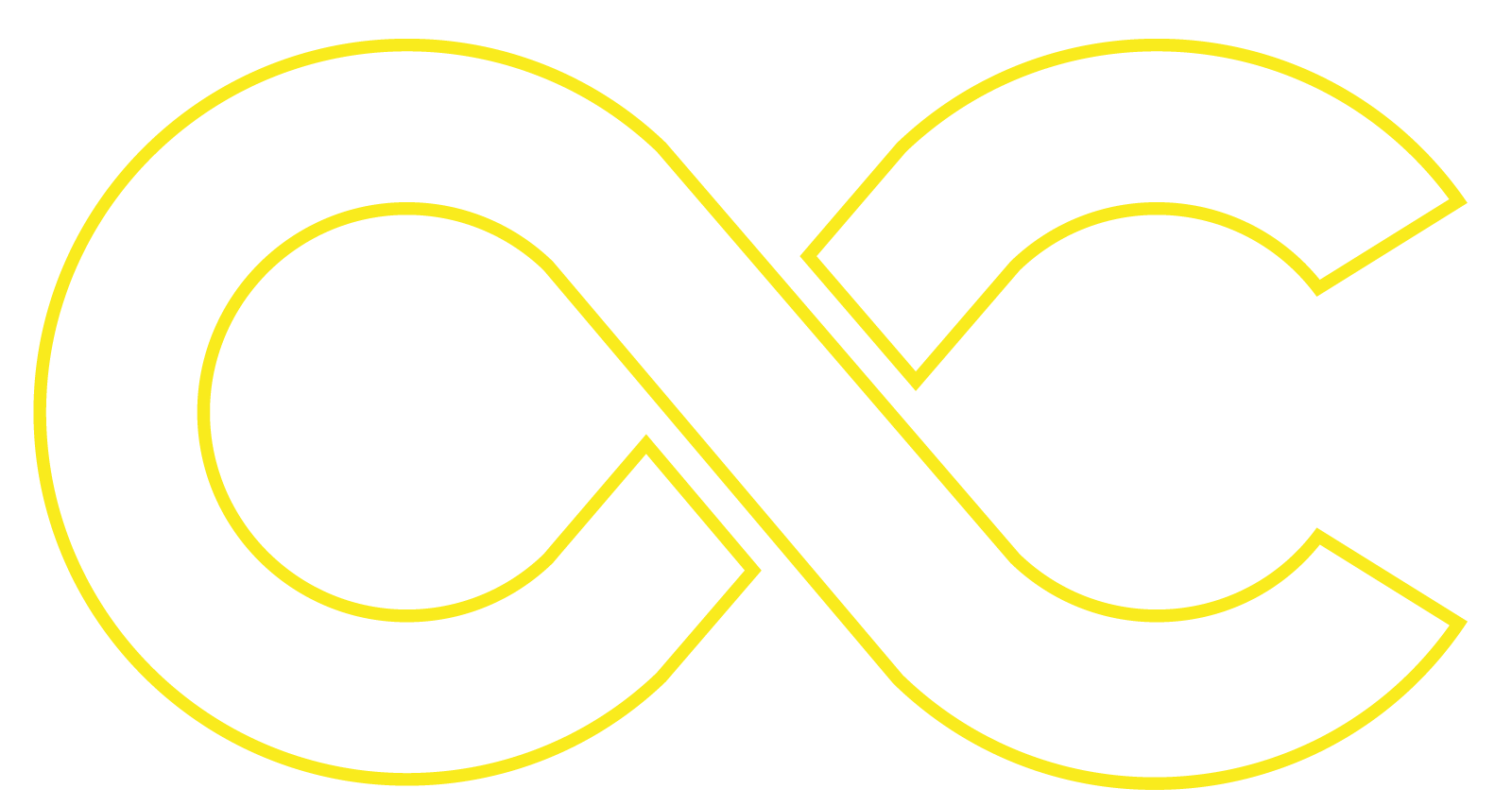


The insurance claims process can feel overwhelming, especially when faced with industry-specific terms and professionals who play essential roles. One key figure in this journey is the claims adjuster – a professional responsible for evaluating claims and determining appropriate payouts. If you’ve ever asked yourself, “What does a claims adjuster do?” this guide will give you a clear answer.
Here, we break down the responsibilities of claims adjusters, their different types, and what they do to ensure fair claim settlements. Whether you’re a policyholder, an aspiring adjuster, or a small business owner, understanding their role can help you feel more prepared and confident when handling insurance claim matters.
Claims Adjuster Workloads and Efficiency
A study by Five Sigma revealed that claims adjusters in the UK have varying workloads depending on the type of insurance. For instance, auto insurance adjusters handle fewer claims compared to those in pet insurance. On average, pet insurance adjusters manage over four times as many active claims as their auto counterparts.
Notably, the time taken to process claims significantly increases when multiple adjusters are involved, with handling time tripling for claims requiring more than one adjuster.
Time Distribution in Claims Processing
The breakdown of time spent on different stages of claim processing shows that:
This contrasts sharply with the U.S., where damage assessment is less time-consuming (17.4%).
Industry Trends and Market Insights
The UK’s Risk & Damage Evaluation industry has seen a slight decline in revenue, estimated at £2.3 billion for 2024, with a compound annual growth rate (CAGR) of -0.2% over the past five years. However, this sector is expected to grow due to increasing demand for risk evaluations, particularly following economic disruptions like the COVID-19 pandemic.
Skills and Future of Claims Adjusters
The role of claims adjusters is evolving with technological advancements. Essential skills for future professionals include:
By 2030, it’s anticipated that automation will significantly change how claims are processed, reducing the need for human intervention in many cases. This shift will require adjusters to adapt quickly and leverage technology effectively.
Claims adjusters play a vital role in the insurance claim process, acting as the bridge between policyholders and insurers. Their core responsibility is to assess insurance claims and determine appropriate payouts. Doing so helps ensure that claims are settled fairly and promptly.
Claims adjusters work with various types of insurance, including home, auto, and business policies. Each requires a keen eye for detail and adherence to policy terms.
In the insurance claims process, claims adjusters are key figures in evaluating the extent of damages or losses and verifying claim validity. They gather evidence, interview witnesses, and review police reports to ensure accurate claim assessments. This helps maintain the integrity of the insurance industry and safeguard the interests of both policyholders and insurers.
Claims adjusters come in different forms, each with unique roles and responsibilities. Understanding these distinctions is crucial for anyone interacting with the insurance claims process.
Staff adjusters, also known as loss adjusters, are employees of insurance companies and work directly for them. They handle claims filed by policyholders of their respective companies. Their primary goal is to evaluate claims efficiently and ensure that the settlements are fair according to the policy terms.
Independent adjusters are not employed by an insurance company. Instead, they work on a contractual basis and are hired by insurers on a case-by-case basis. These adjusters bring an unbiased perspective, as they do not have a long-term affiliation with any single insurance provider. They often handle claims in areas where the insurer does not have sufficient staff adjusters available.
Public adjusters, like Oakleafe claims, also known as loss assessors, represent policyholders rather than insurance companies. Policyholders hire them to assist in filing and negotiating insurance claims. Their expertise helps policyholders receive fair settlements, especially in complex or disputed claims. Public adjusters charge fees for their services, usually a percentage of the claim settlement.
Understanding the role of each type of claims adjuster can help policyholders decide who to work with when filing a claim.
What Oakleafe Clients Say:

Claims adjusters have a wide range of responsibilities that require attention to detail and strong analytical skills. Here are the primary duties they perform:
The claims adjustment process follows a structured sequence to ensure that each claim is assessed and resolved fairly. Here’s a breakdown of each step involved and what policyholders can expect along the way:
1. Claim Submission
The process begins when the policyholder submits a claim to their insurance company. This initial step requires providing specific details about the incident, including dates, locations, and a clear description of the damage or loss. Having thorough documentation ready at this stage can help expedite the process, making it easier for the adjuster to begin their assessment.
2. Investigation and Review
Once the claim is submitted, the claims adjuster initiates a comprehensive investigation to verify its legitimacy and alignment with policy coverage. This often involves gathering evidence, interviewing witnesses, and reviewing relevant documents such as police reports, medical records, or property assessments. This investigative step is critical in determining the accuracy of the claim and the extent of the damage or loss.
3. Communication with Policyholder
Throughout the adjustment process, open communication is maintained between the claims adjuster and the policyholder. The adjuster provides regular updates, answers questions, and addresses any concerns, ensuring that the policyholder remains informed and confident in the process. This open line of communication helps clarify any additional details and keeps both parties aligned.
4. Final Decision and Settlement
After completing the investigation, the adjuster makes a final decision regarding the claim’s validity and determines the payout amount. They communicate this decision to the policyholder, providing clear reasoning and addressing any further questions. If the policyholder accepts the settlement offer, the process moves forward, and payment is issued promptly, concluding the claim.
Being a claims adjuster is rewarding but challenging. The nature of their work often puts adjusters in high-stress scenarios, with each challenge having the potential to impact the claims process. Here are some key challenges they face and how these may affect your claim:
High-Stress Situations
Claims adjusters regularly work in high-pressure environments, especially when handling claims for significant incidents like accidents, natural disasters, or major property damage. The pressure to meet strict deadlines while making precise assessments can be demanding. For policyholders, an adjuster may need to work quickly, potentially impacting how in-depth their assessment feels. Adjusters strive to maintain accuracy despite the fast pace to ensure fair outcomes.
Complex Claim Evaluations
While some claims are straightforward, many involve complex details that require thorough investigation. Claims adjusters must often determine the cause of damage, estimate repair costs, and interpret detailed policy conditions—all of which add layers of complexity. For policyholders, this may mean longer processing times or requests for additional information to clarify claim details. A more complex claim can take longer to settle, but it ensures that every aspect is evaluated accurately to support a fair decision.
Emotional Policyholders
Claims adjusters frequently engage with policyholders who are understandably distressed or frustrated due to their circumstances. Balancing empathy with professionalism is essential, but it can be challenging when emotions are high. For you, as a policyholder, this means that clear, calm communication can help the adjuster better understand your needs and concerns, facilitating a smoother process for both parties.
If you’re expecting a visit from a claims adjuster, proper preparation can help ensure a smooth process. Here are some steps to take:
Before the adjuster’s visit, collect all relevant documents, such as insurance policies, photographs of the damage, and any correspondence related to the claim. Having these materials readily available can streamline the assessment process.
Compile a detailed list of the damages or losses you’re claiming. Include descriptions, estimated costs of repairs or replacements, and any receipts or invoices that support your claim. This comprehensive list will help the adjuster evaluate the extent of the damage.
Take clear photographs or videos of the damage, if possible. Visual evidence can provide the claims adjuster with a better understanding of the situation and support your claim.

Here are some frequently asked questions about claims adjusters and their role in the insurance industry:
Are Claims Adjusters Impartial?
Claims adjusters are expected to act impartially and base their assessments on evidence and policy terms. However, it’s important to remember that staff adjusters work for insurance companies, while public adjusters represent policyholders.
Can I Dispute a Claims Adjuster’s Decision?
Yes, policyholders have the right to dispute a claims adjuster’s decision if they believe it is unfair. In such cases, hiring a public adjuster or seeking legal advice can help policyholders negotiate a more favourable settlement.
What Should I Do if My Claim is Denied?
If your claim is denied, it’s essential to understand the reasons behind the decision. Review the denial letter and consult with a public adjuster or legal professional to determine your options for contesting the denial.

Understanding the role of claims adjusters is crucial for anyone involved in an insurance claim. These professionals work diligently to assess claims accurately, ensuring fair outcomes for policyholders. Here’s a quick recap:
By understanding these aspects, policyholders can better prepare for their interactions with adjusters and take proactive steps to support their claims. Whether you’re currently filing a claim or want to be prepared for the future, this knowledge empowers you to navigate insurance claims with greater clarity and confidence. For added assistance, consulting a qualified adjuster can make a world of difference.
Oakleafe Claims have represented policyholders and managed their insurance claims since before the First World War. We have vast expertise and experience in both domestic and commercial insurance claims with thousands of satisfied policyholders who have received their deserved insurance settlement.
What Oakleafe Clients Say:



Please complete the form and one of our insurance claim professionals will call you back ASAP